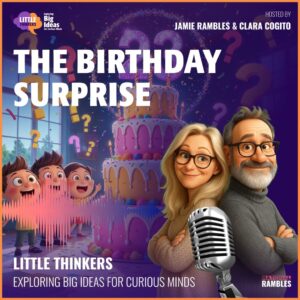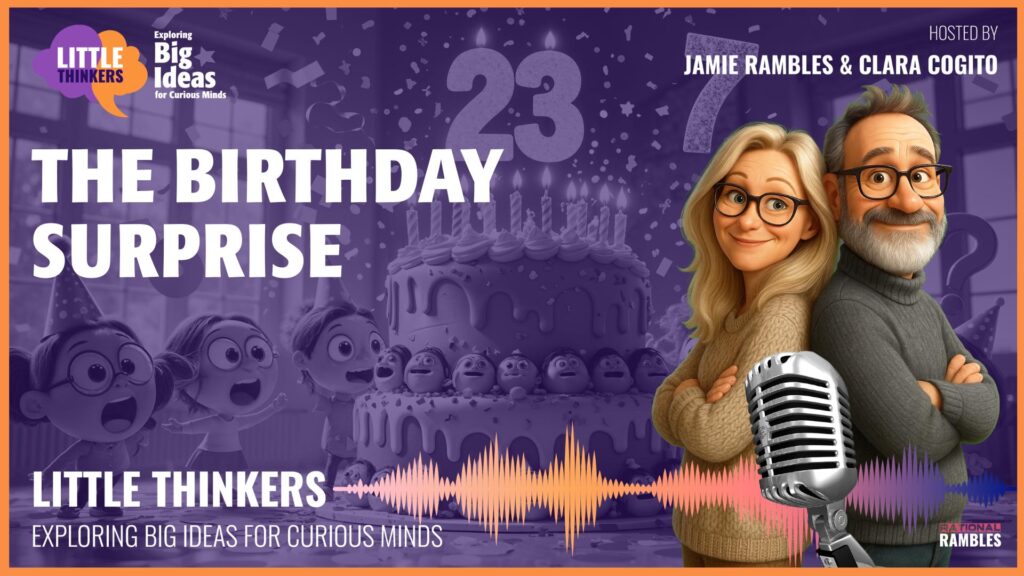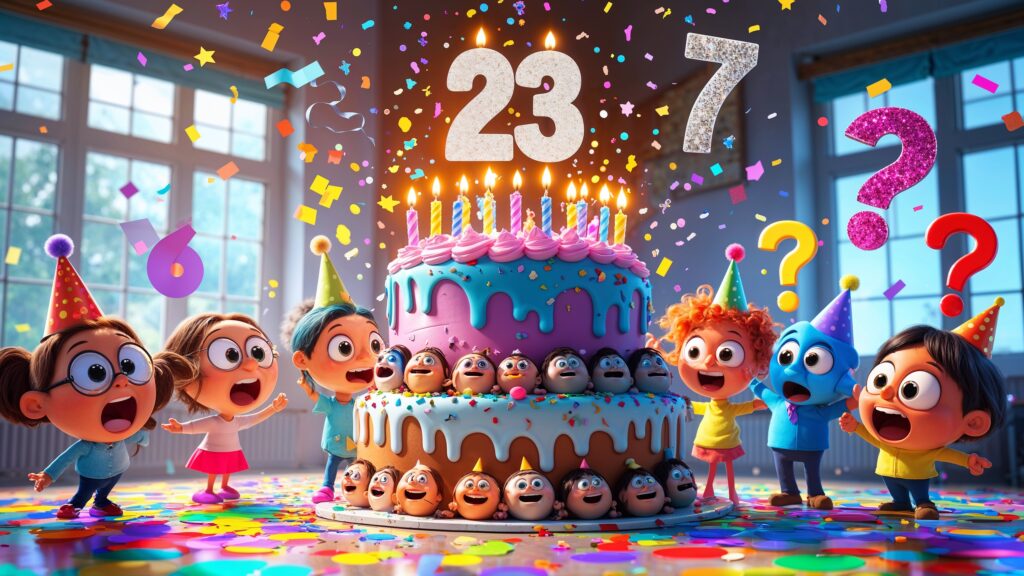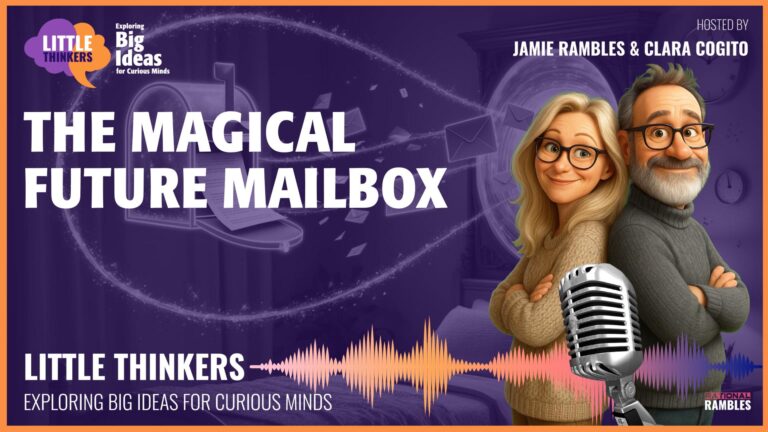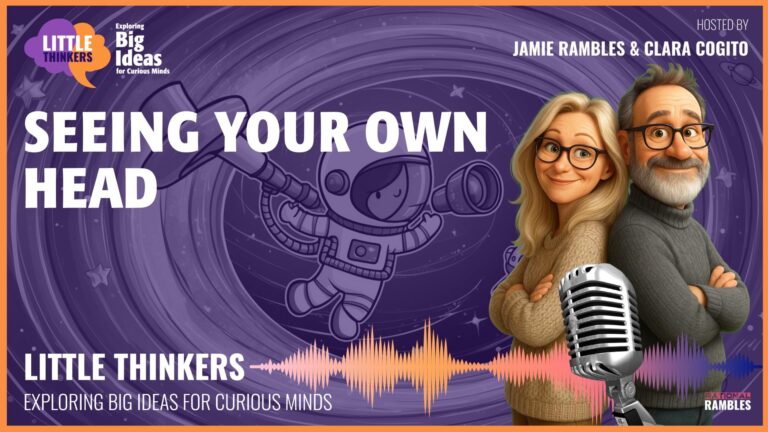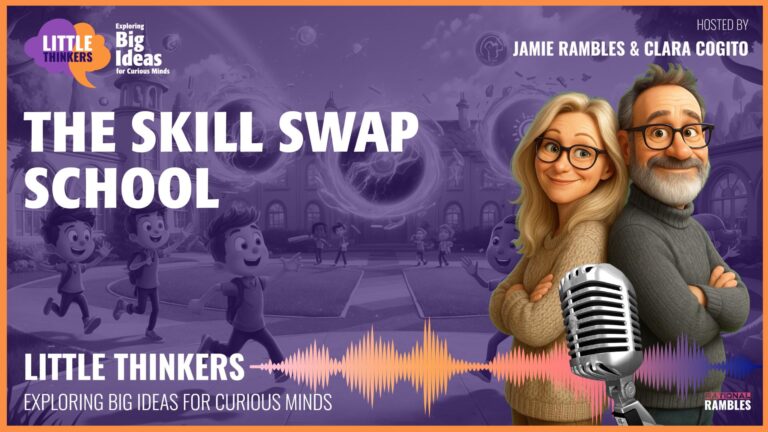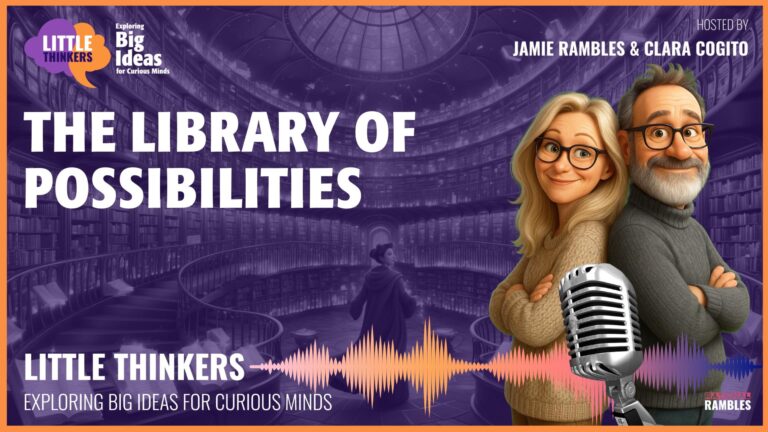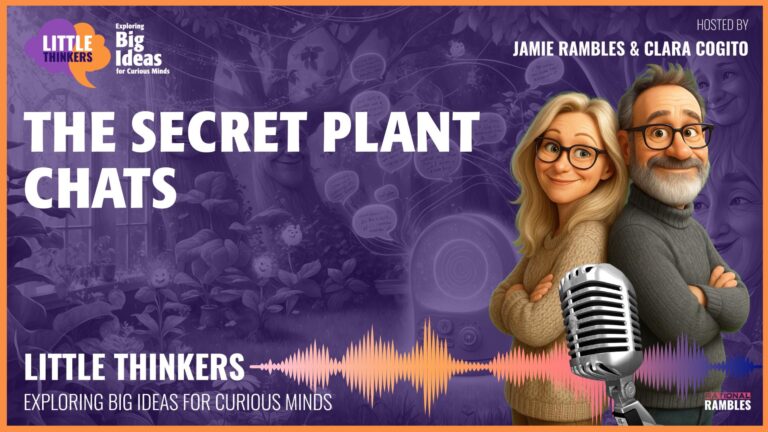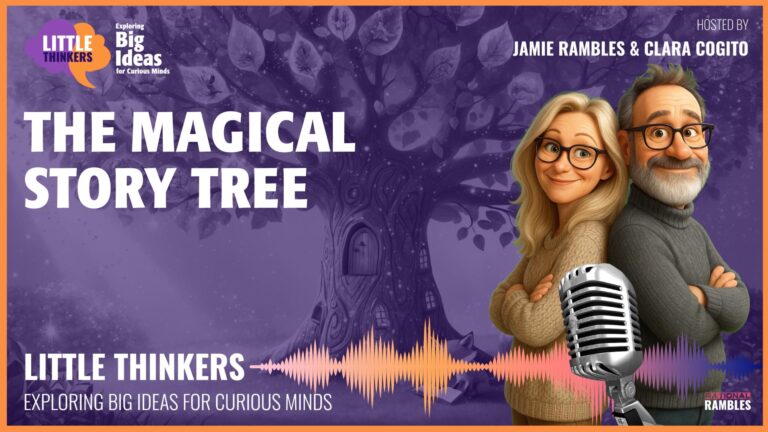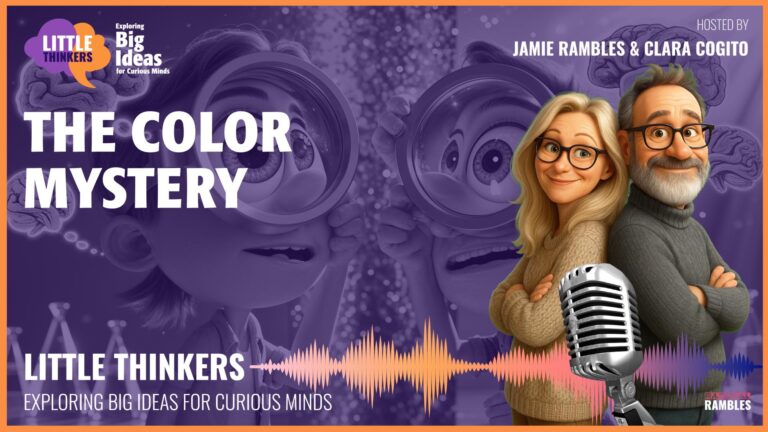The Amazing Birthday Surprise: Why Sharing Birthdays Is More Common Than You Think!
The Birthday Mystery That Will Blow Your Mind!
Imagine you’re at a birthday party with 23 kids—about the size of a classroom. Do you think any two people there would have the same birthday? Most people say, “No way! There are 365 days in a year, so we’d need many more people!” But get ready for a mind-boggling surprise…
The answer is YES! In a room with just 23 people, there’s actually MORE than a 50% chance that at least two people share the same birthday! Wow! And if you have 70 people together, it’s almost 100% certain to happen!
This is called the Birthday Paradox (a paradox is something that seems impossible but is actually true). It’s one of those magical math facts that make our brains do somersaults!
Why Our Brains Get Tricked
Our brains aren’t very good at guessing certain kinds of math problems. When we think about birthdays, we usually wonder, “Will someone have the SAME birthday as ME?” And you’re right—that chance is pretty small!
But the Birthday Paradox is asking a different question: “Will ANY two people in the room share a birthday?” That’s much more likely to happen!
Think about it like collecting stickers
If you’re looking for ONE specific sticker (like a unicorn), it might take a long time to find it. But if you just want ANY two matching stickers—they could be unicorns, dinosaurs, rockets, or anything—you’ll find a match much faster!
The Birthday Comparison Explosion!
Let’s try a fun way to understand this. Imagine five friends in a circle: Amy, Ben, Carlos, Dina, and Elijah. We need to check each possible birthday match:
- Does Amy share a birthday with Ben?
- Does Amy share with Carlos?
- Does Amy share with Dina?
- Does Amy share with Elijah?
- Does Ben share with Carlos?
- Does Ben share with Dina?
- Does Ben share with Elijah?
- Does Carlos share with Dina?
- Does Carlos share with Elijah?
- Does Dina share with Elijah?
Wow! With just 5 people, we already have 10 different possible birthday matches to check! That’s a lot of chances for a match to happen!
With 23 people, we’re actually checking 253 different possible pairs! No wonder matches happen so often!
The more people, the more chances!
Think about it like this: The first person who enters a room has no one to match with. The second person could match with 1 person. The third person could match with 2 people. The fourth person could match with 3 people… and so on!
Each new person who joins has more and more people they might share a birthday with. The chances grow super-duper fast—faster than our brains expect!
Try It Yourself: The Birthday Detective Challenge!
Want to see the Birthday Paradox in real life? Here’s a fun experiment you can try:
- Next time you’re with about 23-30 people (like your class, a sports team, or at a family party), ask everyone their birthday
- Write down each person’s birthday on a piece of paper
- Check if any two dates match
- Be prepared to say “WOW!” when you find a match!
I bet you’ll find at least one match! One time a kid tried this at his cousin’s birthday party with 25 people, and not only did two people share a birthday—they were born in the same year too!
The Marble Experiment
Here’s another way to picture the Birthday Paradox. Imagine a giant jar with 365 different colored marbles—one for each day of the year. Each person at a party picks one marble randomly. That’s their “birthday marble.”
The first person picks any marble—no matches yet. The second person has a tiny chance of matching—just 1 out of 365. But the third person could match with either the first OR second person. The fourth person could match with the first, second, OR third person!
Do you see how the chances keep growing? It’s like a snowball rolling downhill, getting bigger and bigger!
Did you know?
Birthdays aren’t spread evenly throughout the year! More babies are born in September than any other month in many countries. And fewer babies are born on weekends and holidays! This makes the Birthday Paradox even stronger because some birthdays are more common than others!
Combinations: When Things Mix Together
Mathematicians call these kinds of problems “combinations”—and they grow SUPER fast!
It’s like mixing and matching your clothes. If you have 3 shirts and 3 pairs of pants, you don’t get 6 outfits—you get 9 different combinations!
Or think about handshakes. If 5 people all shake hands with each other, that’s not 5 handshakes—it’s 10! With 10 people, it jumps to 45 handshakes!
A super-silly birthday joke!
What’s a calendar’s favorite day? Its DATE of birth! (Get it? Date? Like on a calendar! 😄)
Why This Matters: Our Brains Play Tricks On Us!
The Birthday Paradox teaches us something important: our brains aren’t very good at guessing probabilities (that’s a fancy word for “chances of something happening”).
Humans evolved to make quick decisions like “Is that a dangerous animal?” not to calculate complex math problems. That’s why math can sometimes feel like magic—it shows us truths that our instincts can’t see!
Sometimes things that seem super unlikely might actually happen all the time! Our brains say “No way!” but the numbers say “Yes way!”
More Mind-Bending Paradoxes In Everyday Life
The Birthday Paradox is just one example of how things aren’t always what they seem. Here are some other puzzling things you might notice:
- How a room full of quiet people can suddenly seem SUPER loud when you’re trying to focus on homework
- How time seems to speed up when you’re having fun but slooooows down when you’re bored or waiting for something
- How a small cut on your finger can feel much more painful than a bigger scrape on your knee
- How your bedroom can look clean until your parent walks in and suddenly notices all the things you missed!
Your Turn To Explore!
Ready to be a probability detective? Here are some fun ways to explore the Birthday Paradox on your own:
- Ask your family, friends, and classmates about their birthdays and see if you find any matches
- Try it with other things too! Check if people have the same favorite color, or if they’re wearing the same color socks
- Look for the first letter of people’s names—how many people do you need before two have names starting with the same letter?
- Make a chart of the birthdays you collect and see which months have the most birthdays in your group
Why Wonder Matters
The Birthday Paradox shows us that sometimes our first guess about something can be totally wrong! That’s why it’s so important to stay curious and ask questions about the world around you.
Math helps us see hidden patterns that our eyes might miss. It’s like having a superpower that lets you see the invisible!
So the next time someone tells you something seems impossible, remember the Birthday Paradox. Sometimes the impossible is actually pretty likely!
Your curious mind is your greatest superpower. Keep asking big questions and looking for surprising answers!


